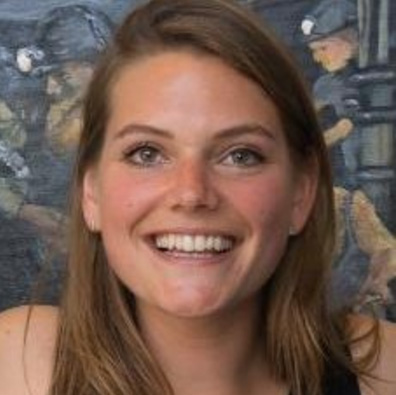Martha Deen
Martha Deen started her bachelor Applied Earth Sciences at the faculty of Civil Engineering and Geosciences (CEG) in 2008. After completing her international master's in Applied Geophysics, she started a PhD in Paris. During her PhD, she focussed on the so called ‘hum’, a very small, low-frequency vibration of the earth caused by ocean waves.
Climate change
During her study and PhD, Martha was often exposed to the negative effects of climate change. "Climate change is a fact, but the demand for energy continues to grow. It is an unlikely request to ask developing countries to reduce their energy consumption. But as a scientist I might be able to do something about the energy supply. That is why I want to focus my career on the potential of sustainable energy."
Marine energy
Currently, Martha is working on the development of a technique to map the energy potential of the ocean. Marine energy is still in its infancy compared to wind and solar energy. And this is remarkable, as the energy potential of the ocean is greater than the entire energy consumption currently consumed by the entire world population! One of the main reasons that marine energy is still quite early in its research phase, is the fact that the ocean is so big and deep. This makes it very difficult to estimate the energy potential.
Broaden knowledge with the Marina van Damme Scholarship
Martha wants to broaden her knowledge on marine energy. She has the concrete plan to link seismic data to ocean data in order to calculate the energy of the ocean on a regional scale. With the help of the Marina van Damme Scholarship, she wants to further develop her technique at the Geomar research institute in Kiel, where she already has access to data and the help of experts.
For me, winning the Marina van Damme Scholarship would provide financial and moral support to make my dream come true. My dream is to contribute to a sustainable world.
